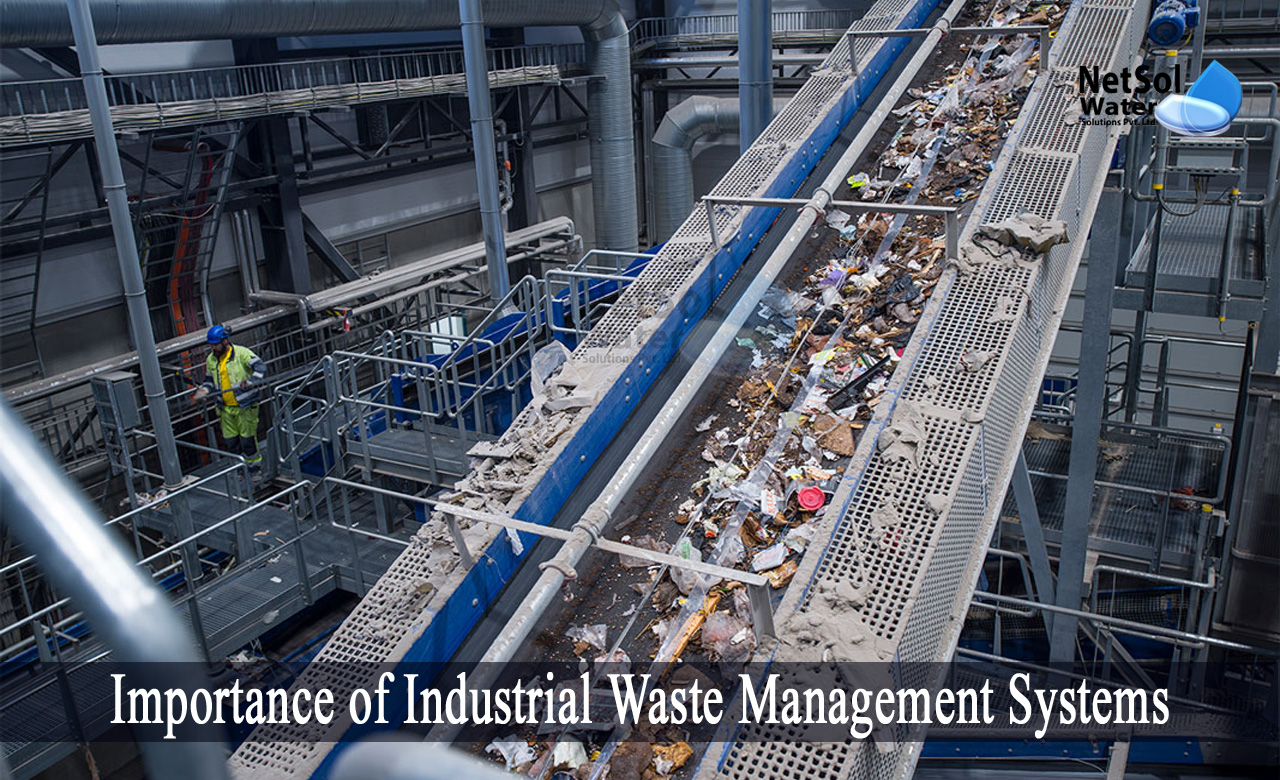Some Known Details About Reclaim Waste
Unknown Facts About Reclaim Waste
Table of ContentsReclaim Waste Fundamentals ExplainedGetting The Reclaim Waste To WorkReclaim Waste Can Be Fun For Anyone10 Easy Facts About Reclaim Waste ShownThe Ultimate Guide To Reclaim Waste
Residential sewer waste refers to the waste and products from a residential septic storage tank. The correct administration and disposal of residential sewage waste call for liquid waste to be moved to a sewage treatment plant where the correct techniques and tools are applied to detoxify and dispose of waste.
Commercial waste usually consists of potential hazards, such as combustible products or a mix of liquid and solid waste products, and calls for an advanced and in-depth disposal process. The disposal of industrial waste commonly involves the filtering of waste prior to transport to guarantee risk-free and correct disposal. Industrial waste is created from by-products and drainage of commercial processes and production.
This type of waste can not utilize the very same sewer administration transportation or processes as septic or industrial fluids. The hazardous waste monitoring procedure calls for the inspection and testing of liquid waste before it goes through the disposal process (industrial wastewater treatment). Runoff waste is the liquid waste that comes from runoff and excess stormwater in extremely inhabited locations or cities
Overflow waste can create contamination and flooding otherwise taken care of effectively. Discover more about drain cleansing and waste administration. Guaranteeing proper waste management can prevent disasters and lower ecological harm. Both individuals in residential settings and specialists in business or manufacturing markets can profit from comprehending the procedures and policies of liquid waste administration.
About Reclaim Waste
Get in touch with PROS Services today to find out about our waste management and disposal solutions and the proper means to take care of the fluid waste you produce.
(https://myanimelist.net/profile/reclaimwaste1)Do you know what happens to your water when you end, flush the toilet or drain pipes the cleaning device? No? Well, it deserves understanding. This so-called 'wastewater' is not just an important resource yet, after therapy, will be launched to our land, waterways or the sea. Utilized water from commodes, showers, baths, kitchen sinks, washings and industrial procedures is called wastewater.

water utilized to cool down machinery or tidy plant and equipment). Stormwater, a kind of wastewater, is overflow that moves from agricultural and city locations such as roofing systems, parks, yards, roads, courses and rain gutters into stormwater drains pipes, after rain. Stormwater moves neglected straight to regional creeks or rivers, at some point reaching the ocean.
Reclaim Waste Things To Know Before You Get This
In Queensland, most wastewater is treated at sewer therapy plants. Wastewater is transported from domestic or industrial sites via a system of sewage systems and pump terminals, understood as sewerage reticulation, to a sewage site link treatment plant.
The Department of Natural Resources advises local federal governments concerning handling, operating and preserving sewerage systems and treatment plants. In unsewered locations, city governments may call for owners to set up private or household sewer therapy systems to treat domestic wastewater from toilets, cooking areas, washrooms and washings. The Department of Natural Resources authorises the usage of family systems when they are shown to be effective.
The majority of stormwater obtains no therapy. In some new subdivisions, therapy of some stormwater to remove litter, sand and crushed rock has started utilizing gross contaminant catches. Wastewater treatment takes place in four phases: Eliminates strong matter. Bigger solids, such as plastics and other objects mistakenly discharged to sewage systems, are eliminated when wastewater is gone through displays.
Wastewater after that flows right into huge storage tanks where solids resolve and are eliminated as sludge. Oil and scum are skimmed from the surface area. Uses small living microorganisms called micro-organisms to damage down and remove continuing to be dissolved wastes and fine fragments. Micro-organisms and wastes are incorporated in the sludge. Gets rid of nitrogen and phosphorus nutrients that might cause algal flowers in our rivers and threaten water life.
Reclaim Waste Fundamentals Explained
Nutrient removal is not offered in all sewer therapy plants due to the fact that it calls for pricey specialised equipment. It is becoming much more typical in Queensland. Clear liquid effluent created after treatment may still include disease-causing micro-organisms. If this effluent is launched into waterways such as rivers or the sea, the micro-organisms will ultimately pass away out.

This normally implies wastewater has to be dealt with or pollutants removed before it can be discharged to waterways. The majority of wastewater streams into the sewage system. Under the Act, neighborhood governments administer approvals and permits for ecologically relevant tasks (Ages) involving wastewater launches that may have a local influence. The department carries out authorizations and licences to Periods including wastewater releases that could have a local or statewide impact.
The Single Strategy To Use For Reclaim Waste
Otherwise, samples are considered research laboratory analysis. Usually numerous tests are required to develop the degrees of each of the different contaminants such as oils, hefty steels and chemicals in water. Monitoring offers accurate details concerning water quality and can confirm that licence conditions are being satisfied. The details gotten via monitoring offers the basis for making water high quality choices.